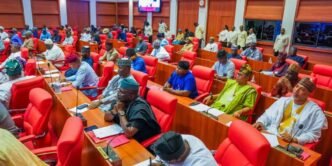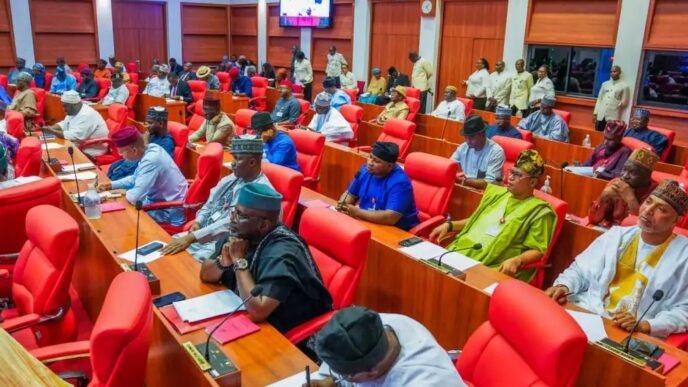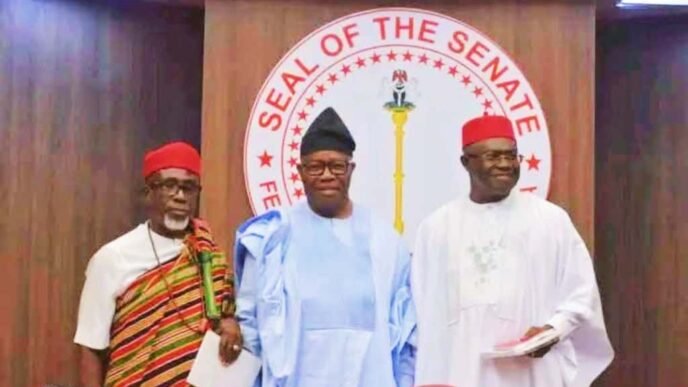Bill Sponsor: Hon. Ajirioghene Jonathan Ukodhiko. Bill Progress: First Reading.
In a significant development within the Nigerian National Assembly, the Federal Colleges of Education Act (Amendment) Bill, 2025, designated as HB.2476, has been introduced in the House of Representatives. This legislative proposal is currently at the initial stage of the legislative process, having undergone its First Reading, as indicated in the House Order Papers for October 7 and October 8, 2025.
The bill aims to address educational needs in Nigeria by potentially establishing a new Federal College of Education in a specific location. While the full text of HB.2476 has not been directly detailed, similar amendment bills have traditionally sought to create federal tertiary institutions to rectify perceived imbalances in educational access within particular constituencies or senatorial districts.
Previous legislative efforts have successfully established colleges in various locations, including Okeoyi in Kwara State, Suleja in Niger State, and Oyin Akoko in Ondo State, highlighting the ongoing commitment to expand educational opportunities across the country.
The introduction of this amendment bill aligns with the National Assembly’s broader initiative to improve the educational landscape in Nigeria. In recent years, several amendments to the Federal Colleges of Education Act have been proposed to enhance the operational capabilities of colleges, including the recent 2023 amendment that allows Federal Colleges of Education to offer a “Dual Mandate.” This means the institutions can provide both the National Certificate in Education (NCE) and Bachelor’s Degrees in Education (B.Ed.) concurrently, without needing affiliation with universities.
As debates and discussions continue around HB.2476, stakeholders in the education sector are closely monitoring its progress. The outcome of this bill could lead to increased access to quality teacher education, ultimately benefiting Nigeria’s educational framework and addressing workforce needs in the teaching profession.
With this amendment bill, there’s a renewed focus on strengthening the educational infrastructure and ensuring that more students have access to higher education opportunities. As the legislative process unfolds, the implications for constituencies and their respective educational needs will be of significant interest to educators, students, and policymakers alike.












